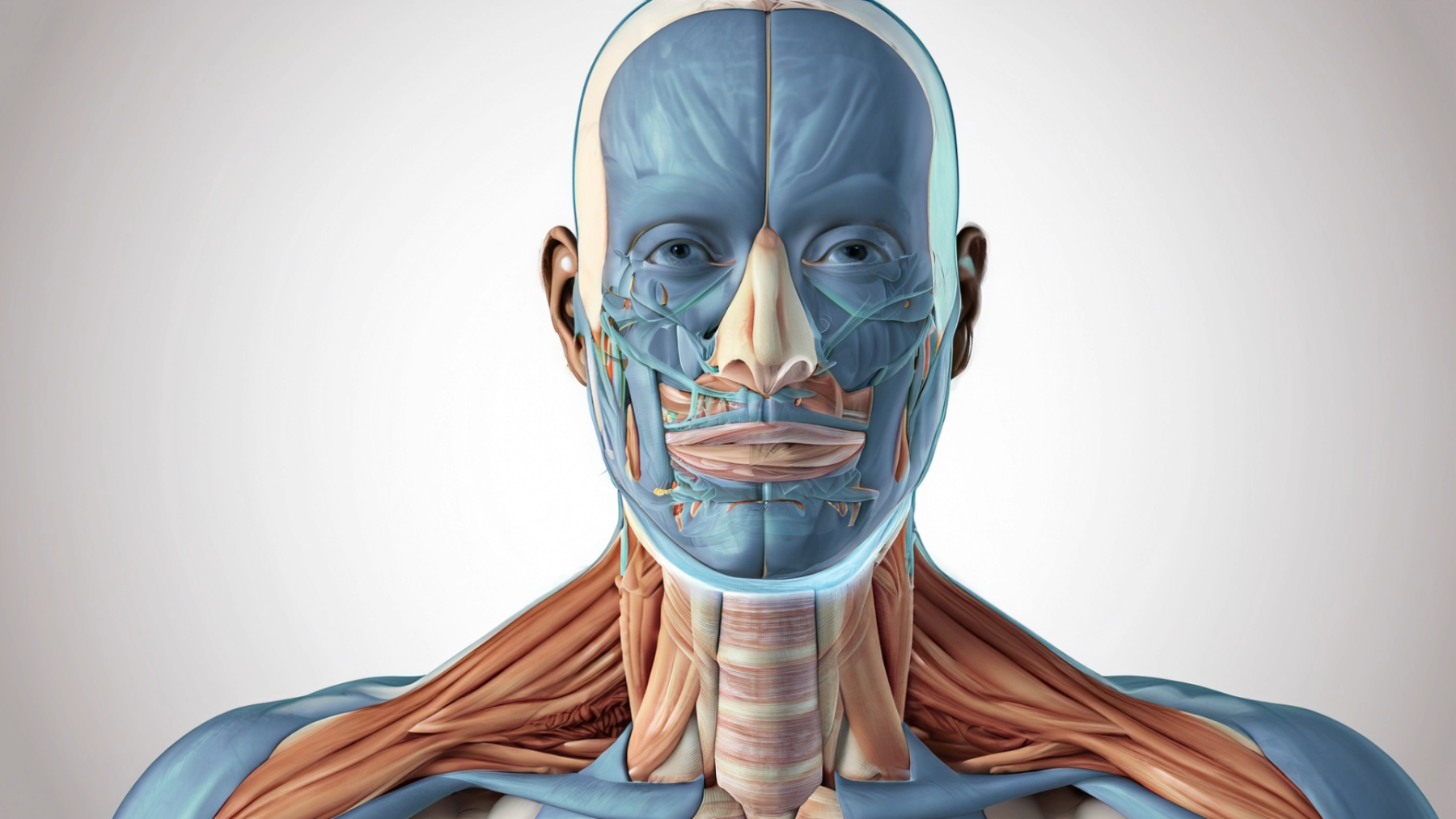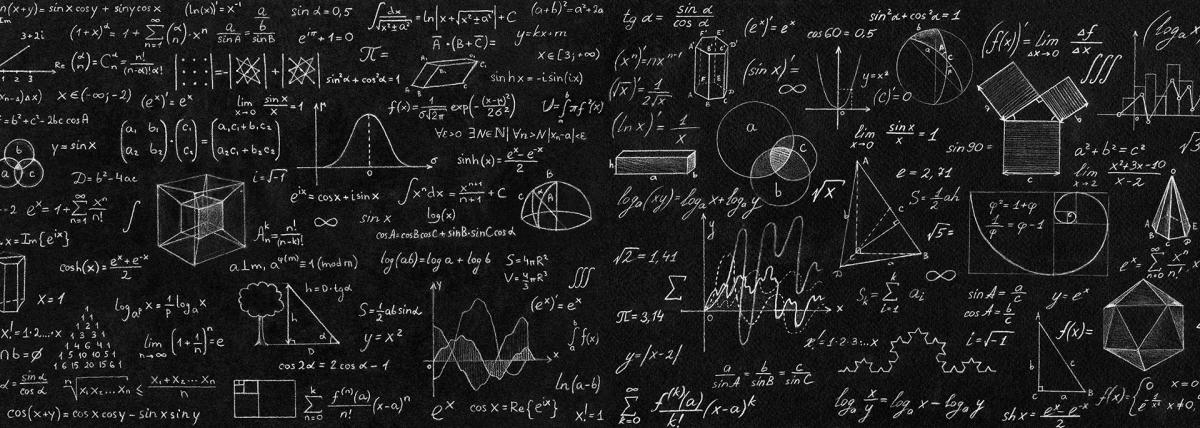
Energy and Movement with Fitbit
by Lisa Bell
Students will understand the relationship between physical movement and energy production, and apply this knowledge to determine how much physical activity is required to power various household items.
Lesson Grade Level
8th GradeLesson Plan Link/URL
https://docs.google.com/presentation/d/1XjyxiK-mfoB4GGhFUmV4IKApudVUMcpn/edit?u…Subject Area
Science Physical Science P4: Energy Transfer Technology 1. Empowered Learner 5. Computational Thinker Engineering S4: Apply Science to Engineering Mathematics Operations and Algebraic Thinking (OA) Number & Quantity (N)
Featured
Off
Related Content

Grades:
Kindergarten, 1st Grade, 2nd Grade, 3rd Grade, 4th Grade, 5th Grade, 6th Grade, 7th Grade, 8th Grade
Most students are likely familiar with popular films like Happy Feet, Surf’s Up, Penguins of Madagascar, and classic books like Mr. Popper's Penguins. Capitalizing on this familiarity with penguins

Grades:
3rd Grade, 4th Grade, 5th Grade, 6th Grade, 7th Grade, 8th Grade, 9th Grade
Engineers often create small-size models of a new product to test its design. This is especially true with airplanes. Model testing tells engineers how a design responds to different air conditions

Grades:
6th Grade, 7th Grade, 8th Grade
In this lesson, students will show how heat transfers into an egg during the hard-boiling process, and additionally, different methods of how heat can transfer out of an egg during the cooling process